Removing Imran Khan from the picture solves nothing
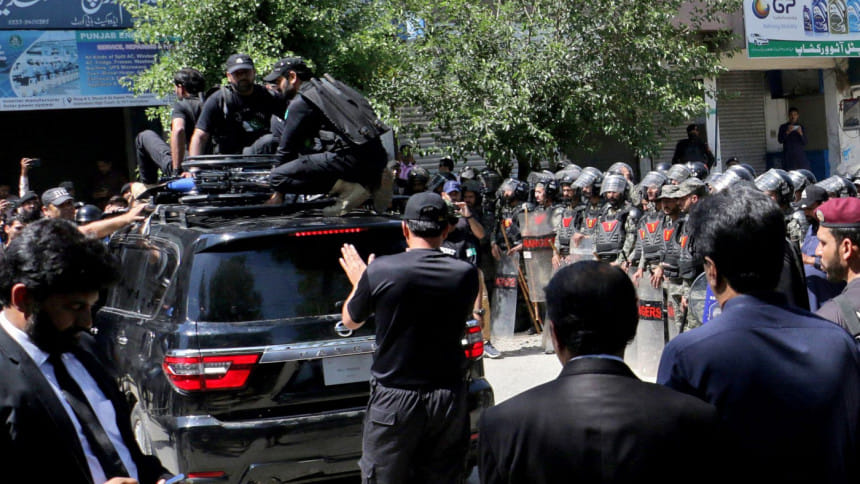
Imran Khan has been arrested, and the Rubicon crossed. The breakout of fresh hostilities between the PTI and the state means any hopes of a negotiated breakthrough in the ongoing political stalemate can be put to rest.
The interior minister has said Mr Khan was picked up for failing to join a corruption investigation involving an alleged land transaction against money owed to the state by property tycoon Malik Riaz.
However, recent developments – in particular, Mr Khan's fresh confrontation with the armed forces – seem to suggest that he may have been picked up for an entirely different reason.
The fact that it was the Punjab Rangers and not the Islamabad Police which were sent in to nab him from the Islamabad High Court's premises seems to support the latter thesis.
The nature and locus of the protests that broke out following Mr Khan's arrest yesterday signal that public anger is also directed at the military. Video footage recorded at various protests suggested that the people were angry enough to cross lines no one dared cross before.
The events of the last 13 months have seen the military's past – especially with respect to its political meddling – rapidly catching up with it amidst Pakistan's unprecedented polycrisis.
When he recently once again accused a senior intelligence officer of conspiring to assassinate him, Mr Khan was well aware that he was, in fact, pointing a finger directly at the present military leadership.
Mr Khan has, over the past year, rallied enough public support behind him that his words now carry a weight that the establishment seems to feel it can no longer ignore.
However, removing Mr Khan from the picture solves nothing. Instead, as the protests yesterday showed, arresting him may have deeply fractured the historic compact between the people and the country's armed forces.
Violence and confrontation are never an answer to political challenges, especially not when the economy is on the ventilator and the people looking to vent their anger over the daily despair that now defines their lives.
The provocation of Mr Khan's arrest has only led the government and establishment deeper into controversy and will engender even greater public distrust in their policies. This is the last thing the country needs, teetering as it is on the verge of an all-out default.
No matter how strongly the current military leadership wants the public to forget its role in political engineering, it cannot simply wish away perceptions that have solidified over months and years.
The government, too, needs to undertake serious confidence-building measures if it wishes to rebuild trust with the citizenry. As long as elections continue to be postponed and the public silenced, continued confrontation will only drive even more wedges between the people and the state.
Published in Dawn on May 10, 2023.

 For all latest news, follow The Daily Star's Google News channel.
For all latest news, follow The Daily Star's Google News channel. 

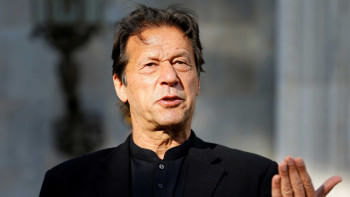


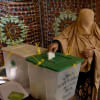
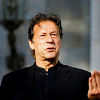

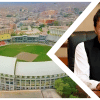


Comments